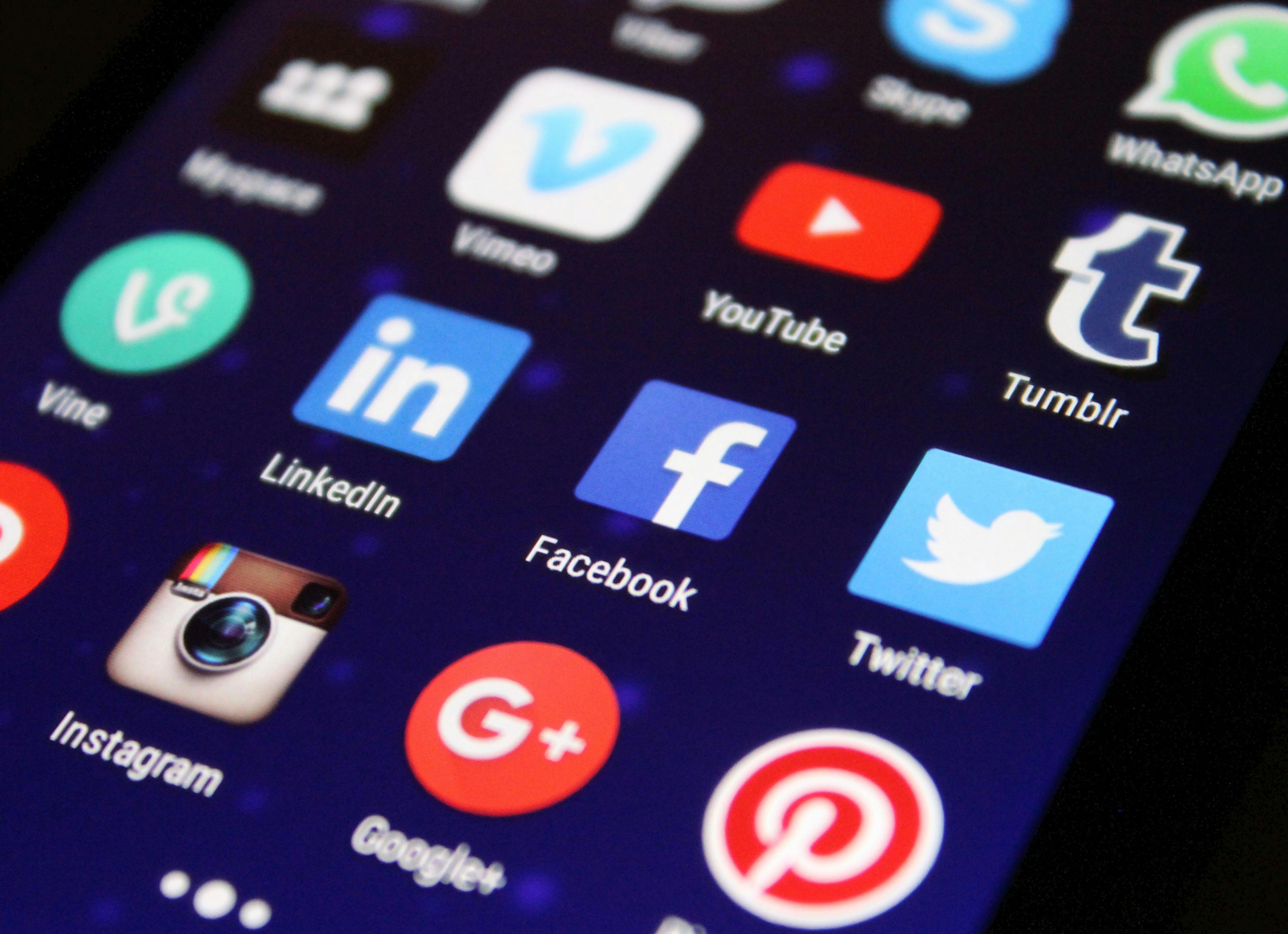It’s Sunday morning. Last night is now a blur of conversation, some reheated food and an aching back that one of these days will need to be looked at. Sometimes the sun burns bright, but today, it’s overcast and you don’t feel the urge to wake up quite as quickly. A few more minutes would do some good, let yourself shake off the drowsiness and readjust to consciousness.
If this were the mid-twentieth century, you would lounge in bed, then get up to start the day along with the other members of the family. Unless you were filthy rich. In which case, work was just something that happened to other people. If this were Victorian England, perchance you would reach over, grab a novel then daintily wake yourself up by gracing a Dickens or a Shelley. And if it was medieval times, you likely didn’t make it this far owing to having gotten sneezed on two days ago. Thank heavens for modern medicine. But in the modern day, the routine is quite different.
Because now, you can just grab your phone, plug yourself into an infinite circuit of data, entertainment and images and voila, your morning is spent.
Social Media has been a part of most of our lives for a little bit now. Certainly those born in the 90s may remember a time without cell-phones and wifi. In the grand scheme of things, Social Media is incredibly new. The generation raised with it has only just managed the first few steps out of puberty. So its long term effects are still a mystery.
Despite that, it’s everywhere. It’s a part of being alive in the twenty-first century and it’s here to stay.
And if you’re someone with a business, Social Media can be a powerful tool albeit one handled with care. Social Media isn’t the worst thing in the world (subjective), but it can burn if you’re not careful. So how do you use social media for work? And how can you use it responsibly?
Table of Contents
A Lot of Everything at your Fingertips
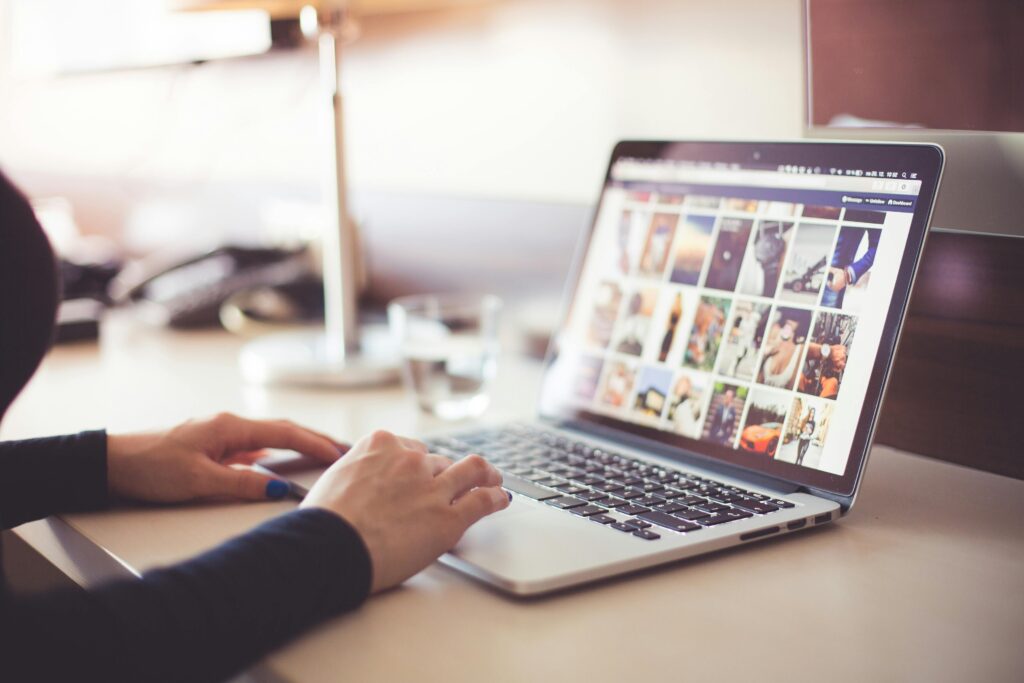
It’s Friday. Work is out and you’re home. It’s been a long day, but now you’re free to do whatever you want (within reason). It is usually, not always, that by now, you pull out your phone, put your finger to the indium cooled glass and swipe.
Unless you’re someone who has managed to stay offline, it’s hard to fully grasp the reach Social Media has had, and will continue to have. These big companies have become industry juggernauts, leading the way in terms of innovation and global communication. But you’re an exhausted twenty-something who just clocked off their 9-5, so you don’t need to hear that spiel from me. Statistically, 63% of the world, about five billion people, use social media, the majority of them under thirty.
You’re also old enough to have heard many of the things people say about the topic, the bad and the good.
We’ll be discussing the pros and cons of social media in relation to business and the Pacific, but we’ll leave the sociological effect of it to the people who study that field. We’ll be adding a little section at the end that will provide you with some tips on how to navigate social media safely.
But back to you.
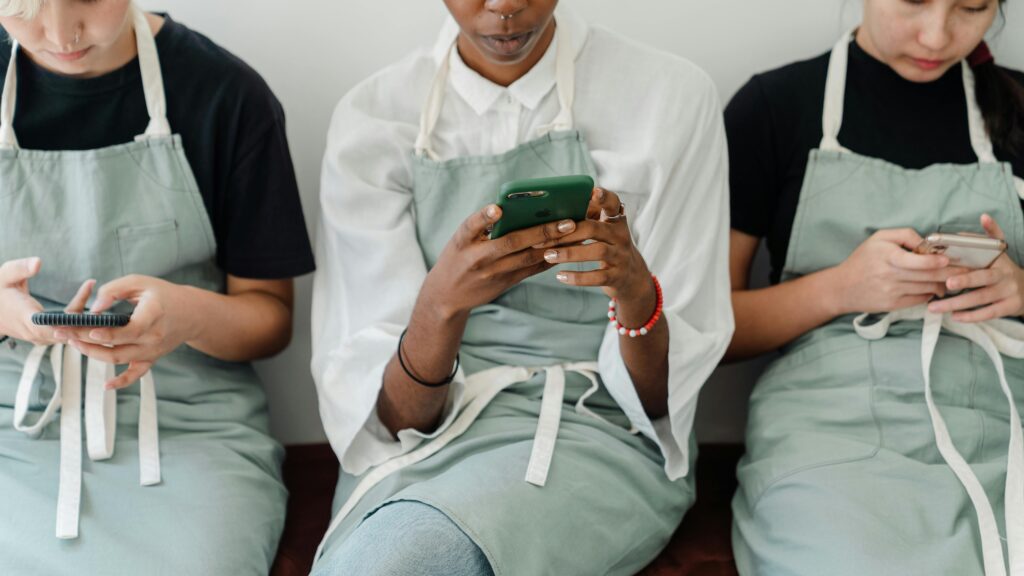
One of the big things about social media that is a massive aid to businesses is the fact they have people’s attention. On average most people spend about two hours on it. That’s two hours of eyes on the screen, and two hours when someone might see what you have to offer.
And lots of companies use this to their advantage. You might notice ads or people advertising their skills and abilities as you slowly scroll through your feeds. You might notice the wildly diverse amount of ways people can do this as well as the freedom for them to interact with their customers.
Say you navigate to a page that’s playing music that’s pretty soothing. You leave a quick, ‘This song is giving dark academia’ comment and, sometimes, the creator will reply with a ‘thanks!’.
Instant communication. It’s hard to believe that thirty years ago, you had to rely on big bulky phones to talk to people across the street. And if you wanted to call someone across the world, you’d need to pay extra. Phones were the grandfathers of social media. Nowadays, you can type a message in Auckland and instantly be talking to your friend in Apia.
And, perhaps most importantly, Social Media adds a sense of community.
Community is Everything
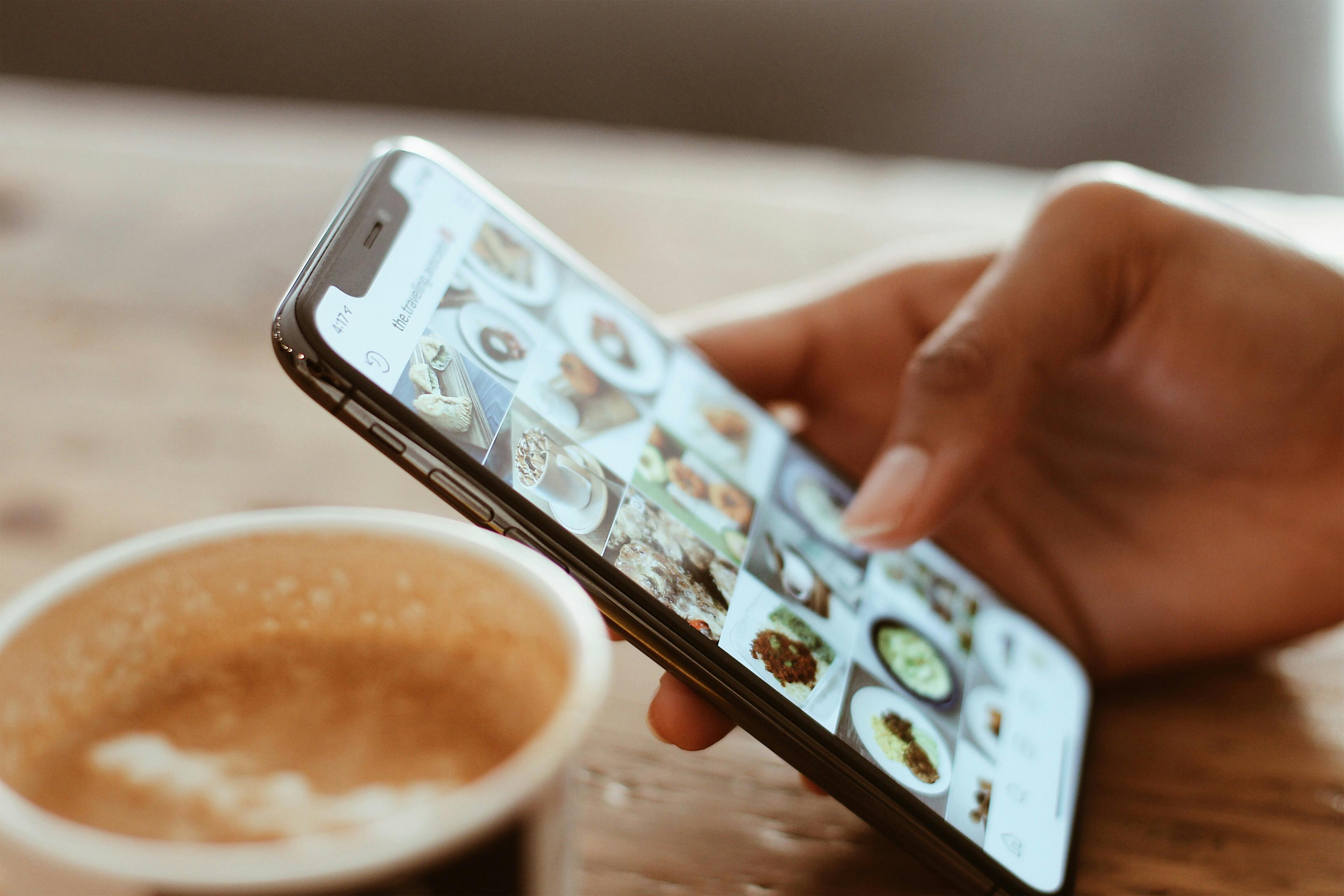
Imagine you’re a barista at a cafe. Your cafe, that you’ve just founded. You don’t have the money for staff, so for now, you and your partner and a couple of hired hands are starting the day. You’ve just started out and you’re going about your shift, taking in the smell of steam from the coffee pot and wiping the stains off a recently washed saucer. It’s a quiet Tuesday and someone’s playing a nice little saxophone number through the speaker. You meet your customers with a smile, serve their orders and soon enough you go home.
The next day is the same. Only some of those customers are the same as before. Returning for their daily coffee or perhaps just stopping by. The day rolls on, you serve, you clock out, you rest . The next day comes by, and then the next, and then the next. Obviously, different people come in every single day but over the days and eventually weeks, a select number of customers start coming in regularly. And with this regularity, you start to form bonds, chat about each other’s lives, maybe they give tips, maybe you give them an extra bit of sugar.
Whatever the case, you’ve just formed a small community, that of a business owner and their regulars.
Social media can do the same thing. You may have heard the term influencer. It’s a recent one and it deals with an online personality who has amassed followers who, for several reasons or other, enjoy their content and support them. Social media can also do this without limiting itself to location. Now cafes are of course dependent on location but what if you’re a business that specialises in hybrid meetings or events (such as our own Onelook Studio). What if you’re a designer, an accountant, or a travel agency?
Social Media knocks down barriers that used to plague businesses before and it does so with ease. In fact, some say it’s difficult to even have a business without social media. What does that mean?
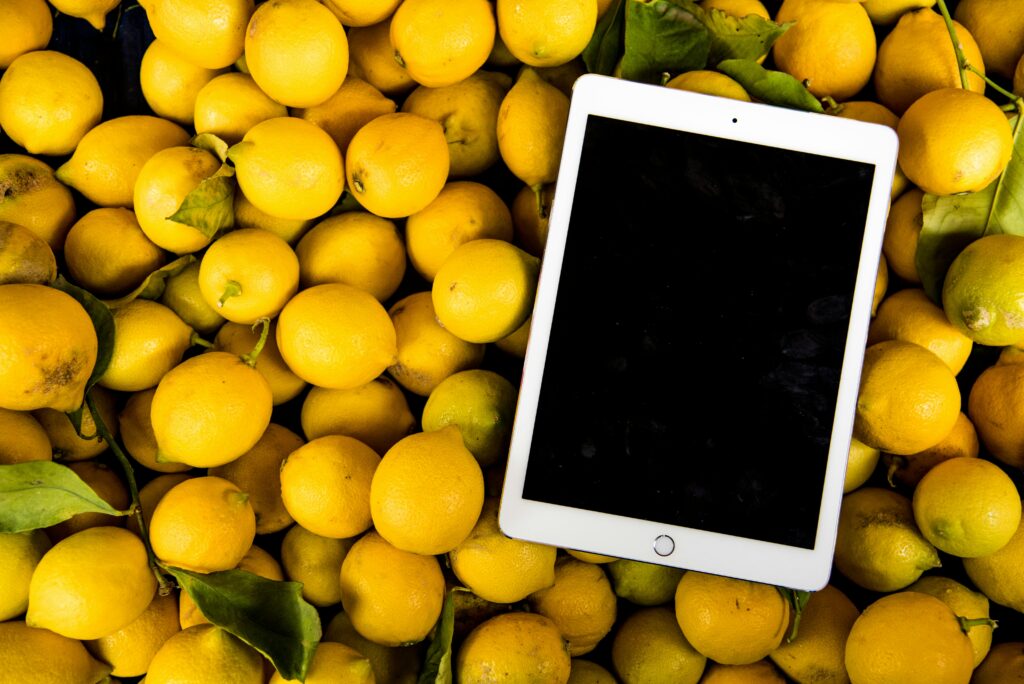
Let’s go back to the cafe.
Now, what would a cafe possibly hope to gain from Social Media? It’s not like it can utilise something like remote working or it provides any online service (we’re assuming this cafe is your classic, small time dig, the kind with nice sodium lights and curtains the colour of lavender. The kind of place you go to drink coffee and work on your laptop. Unless you just want to sit there doing nothing but enjoying coffee which…nice.)
What does something like a cafe have to gain from social media?
To go back to the above, involving instant communication and fostering community, if this cafe has a page, you now have a direct line to your customers. Not only that, but some of your customers have a direct line to each other.
We’ve mentioned this in the Co-Working article (insert link to coworking article) but community is a very important thing to both employers and employees. Now you can talk to your customers easily, you can streamline the process of ordering food, you can communicate closing times or events or specials with incredible ease. All the while, your customers can interact and discuss with each other what they like. It might not be a close knit community (unless that is your intention) but it keeps people talking about your business which is a key factor in the longevity of your business.
In the Pacific, and especially Samoa, this is helpful because cafes are not only plentiful, they are very close by. If anyone is interested they can look up reviews and easily make their way there. It especially helps with the way Social media ads work. Social media ads recommend things based on your preferences but unless you’ve taken steps to alter your recommendations, most of the time they will recommend things in your immediate area.
For example, if you’re a Samoan you will likely get ads online for Eveni Caruthers. And if you display an interest in coffee and cafes online, your ads will start to reflect that. Facebook even has an ads manager that allows you to select regions and countries.
This feeds into another important thing: Marketing.
Social Media as Marketing
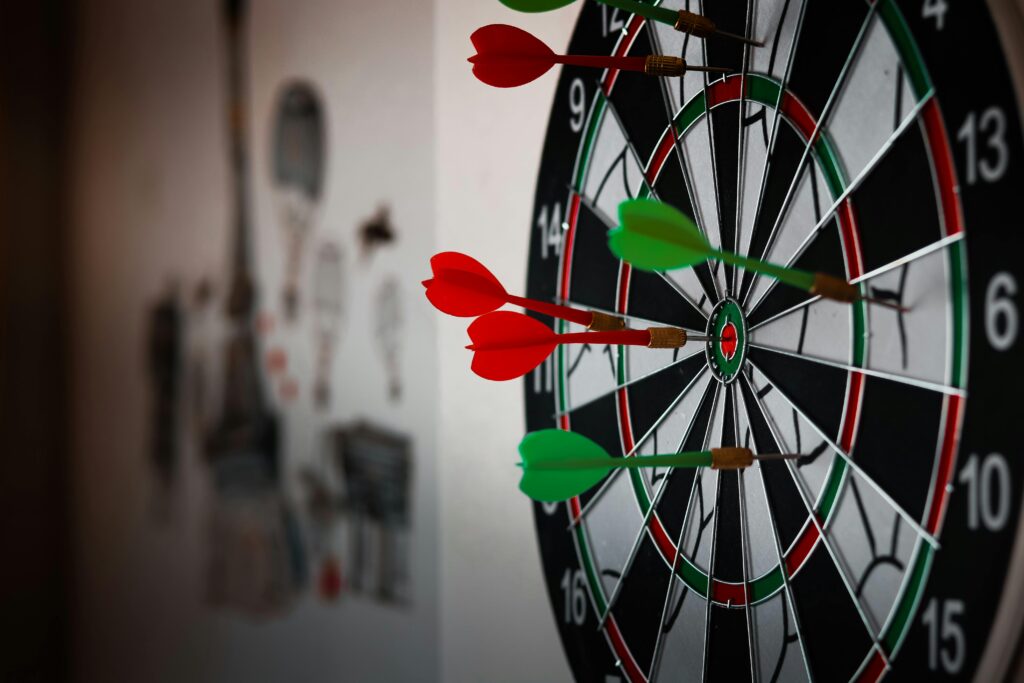
If you’re someone starting a small business, especially in a saturated market, one of the key things you need is marketing. The old method of marketing was to pay a fee to have your products and services advertised on TV or the newspaper, and even older than that, was to pay a man to stand in the town square and shout about it. Social media has made marketing easier in that sense. You can post about your business, advertise photos, generate conversation and quickly follow up questions. It would also put you into contact with other business people in your area of expertise.
Samoa’s tight knit nature also means word of mouth spreads much quicker than normal. Social media has amplified that to a degree where family members are learning things happening in your life before you do. That kind of circulation can be gold for an enterprise which is just starting out. Indeed, a lot of marketing in Samoa is friends recommending places to other friends, also known as the Coconut Wireless.
We’ve been focusing on a cafe so far, but marketing extends to virtually all forms of business.
If you’ve been around online you might’ve also seen brand accounts (such as the infamous Wendy’s Twitter account) which interact with other users as if it were a person and not a business. This is another benefit of social media. It takes away the impersonal and adds a face to it. It isn’t recommended for everyone, Wendy’s is after all another massive company.
A case study for using marketing online would be Onelook Studio. As in, during CHOGM and even before the conference, posting on social media and getting eyes on the business helped secure clientele before the coworking space had officially launched. Our style of posting was inclusive and very personal. For good reason, we have our community and we wanted them to feel welcome but we also wanted to extend the invitation to thers. Much friendlier to say ‘Hey, we’re opening a coworking space and we want you here for it’ than ‘Coworking Space Opening on Friday 1st of November! Prices Apply’.
There’s a reason why companies spend a lot of money on marketing. It really can make or break a business.
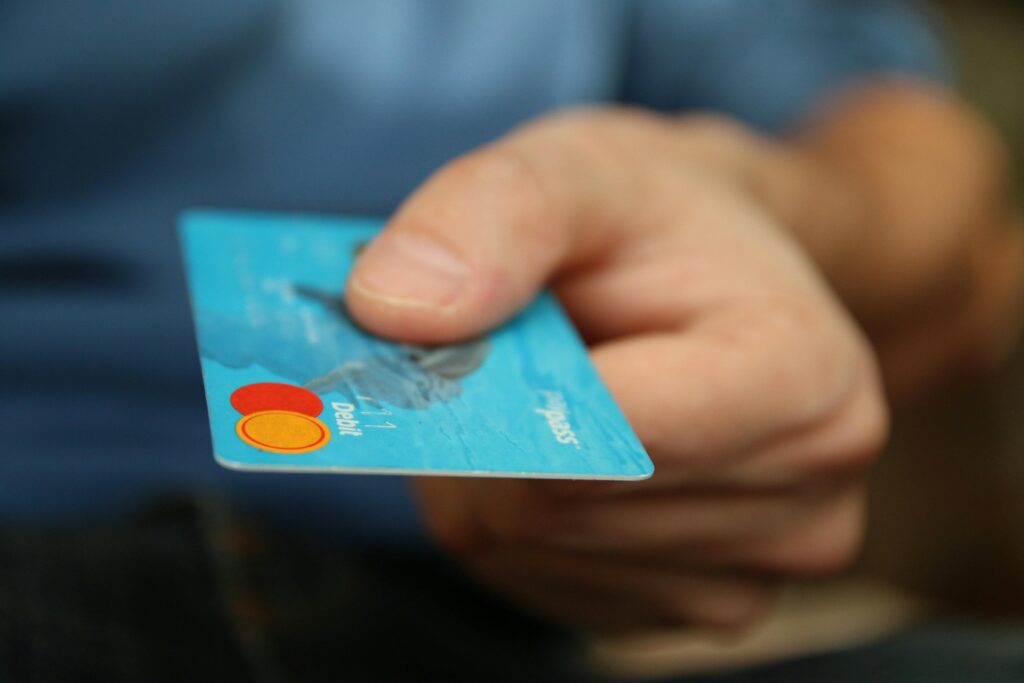
This goes for creators as well, with many social media accounts offering the ability to sponsor your accounts to give them more reach for a price, and with the stipulation you are doing this for commercial reasons. For example if you’re a writer and you self publish on Amazon, you can pay them to advertise your book for you. While many people have gotten a lot of engagement without having to pay to advertise, it’s still an option and especially if your business has the cashflow to invest in it.
Of course, social media is built on algorithms and you’ll need to familiarise yourself not only with that, but the etiquette of posting online.
You can’t post too much, but you also can’t post too little. There’s other little things like peak scrolling hours and the fact that social media is hot with competition. Using social media for marketing becomes a skill of its own but like all skills, you can learn them.
The Bad

Social media, like any new invention, comes with its own downsides. If you’re going to be using social media, it pays to know what they are.
Social Media companies have a questionable reputation. A quick google search will show you that, but that’s not for you to worry about. Realistically, you should be more worried about what’s happening in your business, but social media can come back to bite you and in a bigger way than you might think.
For one thing, social media is built to be addictive, especially among young people (Pellegrino, Stavi, Bhatiasevi, 2022; Milwaukee Independent, 2023; Anderson, 2018). This might actually work in your favour since it means there’s always going to be a lot of eyes online. The issues come when you, as a business owner, get caught up in it. As a business, social media should function like Public Relations. Be personable, amicable but firm. Don’t make it personal.
Businesses are, for some people, special. It’s something you pour a lot of effort and time into, which can clash with online spaces that tend to be more uncensored in the way people voice an opinion (and unless they’re an expert, its 90% opinions). There are some factors at play here but if you keep your media presence strictly professional, you won’t really be affected by the nastier side of things. If you decide to make yourself the face of your business, or take a more active, interpersonal role, you might find yourself beset by some cruel comments.

That’s fine. It will happen. Important tip: Unless you’ve really done something bad, it’s just noise.
Negativity thrives online, but that can only really affect you and your business if you get bogged down in it. Simply ignore, block if you need to and carry on. Remember, social media can be curated and customised to your liking (Cigna Healthcare, 2022). It’s worth looking into those tools to make it easier for you if you decide to use it. Social media managers can be a big help with this if you’re able to spare the funds but it’s very simple to do if you’re starting out.
That doesn’t mean you should ignore every negative comment. Take in the good criticism from your customers. If someone says your service was less than stellar this one time, take it into consideration and see what needs improvement. If someone says ‘haha, you dumb’, ignore it. You’re here to run a business, not sling mud. Besides, in Samoa if you have a problem with a business, our form of a review is to rock in through the front door and start yelling.
And if you do get into hot water, say you sent a bad product or someone makes a complaint about your business that gets really popular, the solution is simple. See what you did wrong and apologise for it. Over the years there have been many online personalities who have made very interesting (mostly terrible) decisions, to the point where a genre of youtube videos called apology videos has emerged. They’re even ranking them. They’re ranking apologies. That sounds like something out of a dystopian fiction book. (Haylook, 2020; Influence Apology Bingo Card)
So if you accidentally sent a box of shoes when someone ordered a perfume, don’t get defensive. It’s better to admit wrong and show sincere efforts to do better than to close ranks and refuse to say you did a bad thing.
With All That Said
Social media is a powerful tool. It’s almost a necessity even, but whatever your thoughts on it, if you have a business and want to use it, use it with a purpose but be careful how. It’s an ever expanding medium that is still being changed and updated day in, day out. And, for some businesses, it can really make the difference. You don’t even need to take it so seriously. You can just use it to have fun, post about your successes and make it akin to a record of your business. And if you decide to use it for legitimate marketing and PR, that’s an option too.
Just remember that the online tide is fickle and usually, pretty mean. But a business isn’t going to collapse because of some mean words, so unless you really did mess up (we’re human, everyone does), those negative comments don’t mean much and should never dictate your decisions or emotions.
Which is why, if you’re reading this nesianboi2233, I now have a job and you don’t.

